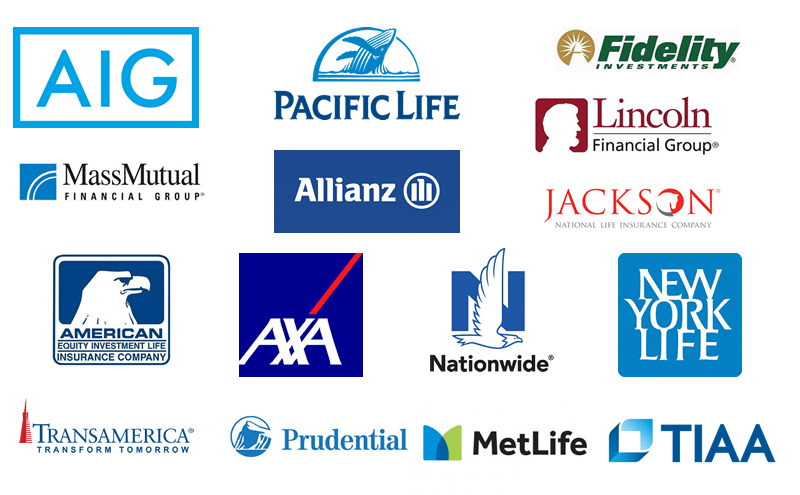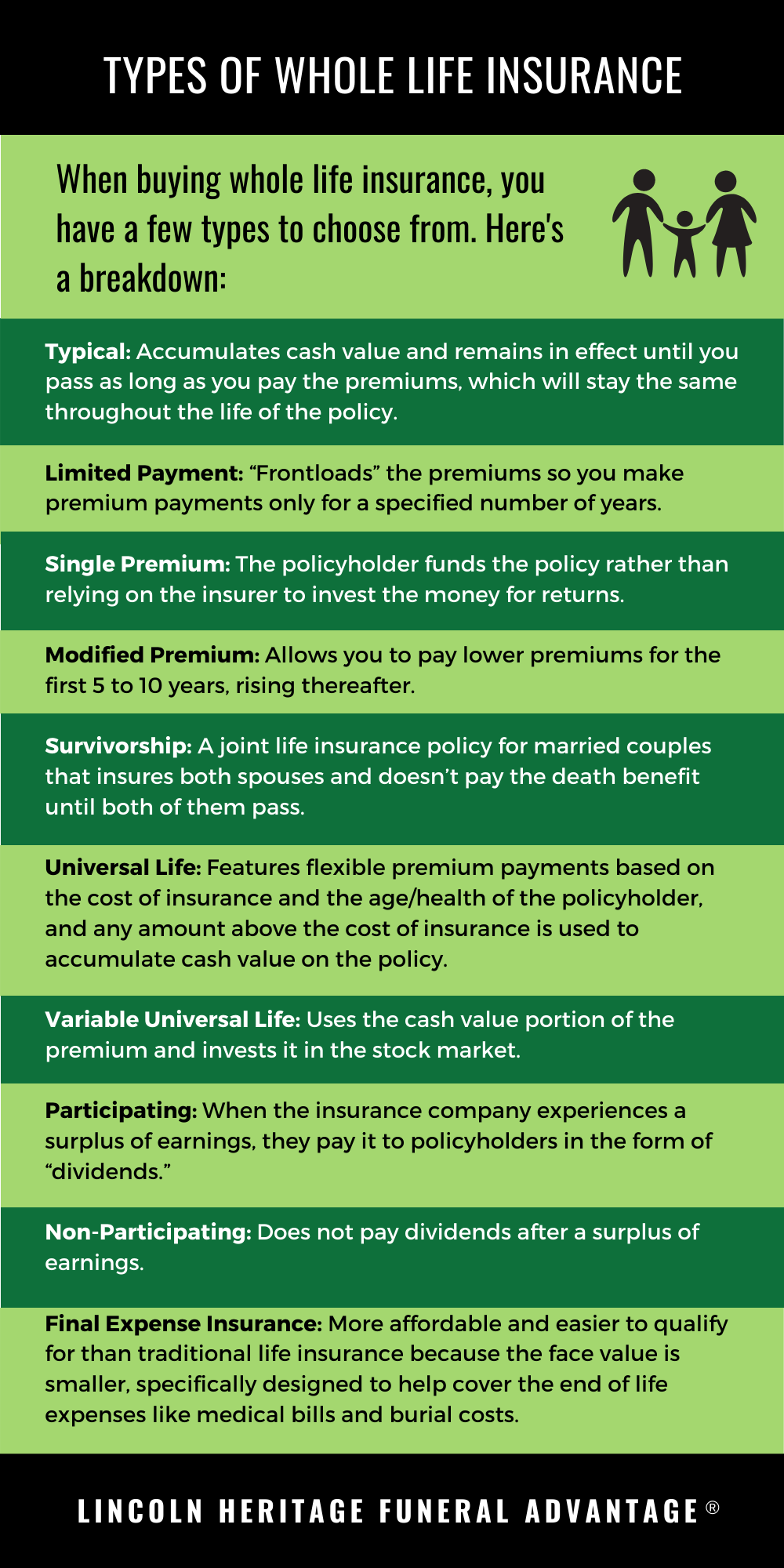The Perils of Motorcycle-Car Accidents
Motorcycle car accidents are a danger that lurks on every road. These accidents can be incredibly dangerous, often resulting in severe injuries or even death. When a motorcycle and a car collide, the motorcyclist is often the one who comes off worse. This is because they are less protected than car drivers, and they are more likely to be thrown from their bike in a crash.
Understanding the Risks
There are a number of factors that contribute to the high risk of motorcycle-car accidents. One factor is the difference in size between motorcycles and cars. Cars are much larger and heavier than motorcycles, and this gives them a significant advantage in a collision. Another factor is the lack of protection for motorcyclists. Unlike car drivers, motorcyclists are not surrounded by a metal frame that can protect them in a crash. Instead, they are exposed to the elements and to the full force of any impact.
Finally, motorcyclists are often more difficult for car drivers to see. This is because they are smaller and less visible than cars. As a result, car drivers may not be aware of a motorcycle until it is too late to avoid a collision.
The Consequences of Motorcycle-Car Accidents
The consequences of motorcycle-car accidents can be devastating. Motorcyclists who are involved in a crash are more likely to suffer serious injuries than car drivers. These injuries can include broken bones, head injuries, and spinal cord injuries. In some cases, motorcycle-car accidents can be fatal.
The emotional and financial costs of motorcycle-car accidents can also be significant. Motorcyclists who are injured in a crash may be unable to work, and they may face large medical bills. They may also experience pain, suffering, and emotional distress.
Preventing Motorcycle-Car Accidents
There are a number of things that can be done to prevent motorcycle-car accidents. These include:
- Educating car drivers about motorcycles. Many car drivers are not aware of the dangers that motorcyclists face. By educating car drivers about motorcycles, we can help to reduce the risk of accidents.
- Encouraging motorcyclists to wear helmets. Helmets can help to protect motorcyclists from head injuries in a crash.
- Enforcing traffic laws. Traffic laws are in place to protect everyone on the road, including motorcyclists. By enforcing traffic laws, we can help to reduce the risk of accidents.
- Investing in road safety. We can help to reduce the risk of motorcycle-car accidents by investing in road safety measures such as rumble strips and dedicated motorcycle lanes.
Conclusion
Motorcycle-car accidents are a serious problem. By understanding the risks, taking steps to prevent accidents, and supporting injured motorcyclists, we can help to make our roads safer for everyone.
Motorcycle-Car Accidents: A Perilous Dance on the Road
Motorcycle-car accidents are a chilling reality on our roads, leaving behind a trail of shattered lives and lingering trauma. These collisions often result in devastating injuries for motorcyclists due to their exposed nature and the significant impact forces involved.
Factors Contributing to Motorcycle-Car Accidents
A myriad of factors converge to fuel the scourge of motorcycle-car accidents. Among these, driver negligence looms large.
Impaired Driving: A Lethal Cocktail
The scourge of impaired driving casts a long shadow over motorcycle-car accidents. Alcohol and drug consumption dulls judgment, impairs coordination, and slows reaction times, transforming drivers into ticking time bombs behind the wheel. A driver who is under the influence is more likely to make reckless decisions, such as speeding or failing to yield, that can have catastrophic consequences for motorcyclists.
The statistics are grim: According to the National Highway Traffic Safety Administration (NHTSA), alcohol-impaired drivers were involved in nearly half of all fatal motorcycle crashes in 2020. Drugs, both legal and illegal, also play a significant role in these crashes, further exacerbating the problem.
Driving under the influence of alcohol or drugs is not only illegal but also deeply irresponsible. It is a betrayal of the public trust and a gamble with human lives. Those who choose to drive while impaired must be held accountable for their actions.
But impaired driving is just one piece of the puzzle. Other factors, such as distracted driving and speeding, also contribute to the alarming rate of motorcycle-car accidents.
Distracted driving, often fueled by the allure of cell phones and other electronic devices, diverts drivers’ attention from the road, increasing the risk of accidents. Speeding, fueled by a false sense of invincibility, compounds the impact forces in a crash, making injuries more severe.
Together, these factors create a lethal cocktail that puts motorcyclists at grave risk. It is imperative that we address these issues head-on to reduce the carnage on our roads.
Motorcycle-Car Accidents: A Deadly Dance
On the bustling streets, a commonplace occurrence unfolds—the chilling ballet of motorcycle-car collisions. Like an unwanted shadow, these accidents lurk, threatening to transform a leisurely ride into a harrowing nightmare. A split second can separate tranquility from catastrophe, leaving shattered lives and a trail of unanswered questions in their wake.
The Unveiling of Vulnerability
Motorcyclists, stripped bare of the protective cocoon that encases automobiles, find themselves alarmingly exposed when disaster strikes. Their flesh and bones, once shielded from harm, now become vulnerable targets in the unforgiving collision with a much larger vehicle. The lack of seatbelts and airbags renders them defenseless against the relentless forces of impact, increasing the likelihood of catastrophic injuries or even death.
Exploring the Ghastly Statistics
The grim statistics surrounding motorcycle-car accidents paint a somber portrait. According to the National Highway Traffic Safety Administration (NHTSA), motorcyclists are nearly 27 times more likely to die in a crash compared to occupants of passenger vehicles. The sheer magnitude of this disparity is a stark reminder of the heightened vulnerability that motorcyclists face on our roadways. Moreover, these accidents disproportionately affect younger riders, casting a long shadow over their vibrant lives.
Delving into the Reasons Behind the Carnage
A multitude of factors conspire to create the perfect storm for motorcycle-car collisions. Inattention and recklessness rank among the most common culprits. Distracted drivers, immersed in their phones or preoccupied with other distractions, fail to notice motorcyclists sharing the road. Additionally, speeding and aggressive driving maneuvers further escalate the risk of a catastrophic encounter. Impaired driving, a scourge on our roadways, compounds the problem, impairing judgment and reaction times, with devastating consequences.
Motorcycle-Car Accidents: Avoiding a Crash
According to the National Highway Traffic Safety Administration, motorcyclists are 27 times more likely to die in a crash than car occupants. In 2020, there were over 5,000 motorcycle fatalities in the United States. And while motorcycle accidents can be caused by a variety of factors, one of the most common is when a car and a motorcycle collide.
If you’re a motorcyclist, it’s important to be aware of the risks involved and to take steps to protect yourself. Here are a few tips to help you avoid a motorcycle-car accident:
- Always wear a helmet. A helmet can help to protect your head and neck in the event of a crash.
- Obey the speed limit. Speeding is one of the leading causes of motorcycle accidents.
- Be aware of your surroundings. When you’re riding a motorcycle, it’s important to be aware of the cars around you. Look for cars that are turning, changing lanes, or backing up.
- Don’t drink and ride. Alcohol impairs your judgment and coordination, which can increase your risk of a crash.
- Take a motorcycle safety course. A motorcycle safety course can help you learn how to ride safely and defensively.
Legal Considerations in Motorcycle-Car Accidents
If you’re involved in a motorcycle-car accident, it’s important to understand your legal rights and responsibilities. Here are a few things to keep in mind:
- You have the right to compensation for your injuries. If you’re injured in a motorcycle-car accident, you may be entitled to compensation for your medical expenses, lost wages, and pain and suffering.
- The other driver may be liable for your injuries. If the other driver was negligent, they may be liable for your injuries. This means that they may be required to pay for your medical expenses, lost wages, and pain and suffering.
- You should contact a lawyer. If you’re involved in a motorcycle-car accident, it’s important to contact a lawyer. A lawyer can help you understand your legal rights and options, and can help you get the compensation you deserve.
- Insurance companies are not always on your side. Insurance companies are in business to make money. They may try to deny your claim or offer you a low settlement. It’s important to remember that you have the right to fair compensation for your injuries, and that you should not accept a settlement that is less than you deserve.
- Don’t sign anything without talking to a lawyer. If you’re involved in a motorcycle-car accident, don’t sign anything without talking to a lawyer. This includes insurance forms and settlement agreements. A lawyer can help you understand what you’re signing and can make sure that your interests are protected.
Motorcycle Car Accidents: What to Do After the Crash
Motorcycle accidents involving cars can be devastating, causing serious injuries and even wrongful death. If you’re involved in such a crash, your health and legal rights are paramount. Here’s what you need to know:
Seeking Medical Attention and Legal Assistance
In the aftermath of a motorcycle car accident, seek medical attention immediately. Even if you feel fine, you may have hidden injuries that require medical evaluation. Likewise, contact an experienced attorney to protect your legal rights. Legal counsel can help you navigate insurance claims, understand your options, and fight for fair compensation.
Gathering Evidence
After receiving medical attention, gather as much evidence as possible at the scene. This includes taking photos of the crash site, getting contact information from witnesses, and obtaining a copy of the police report. This evidence will be invaluable in supporting your insurance claim and legal case.
Contacting Your Insurance Company
Inform your insurance company about the accident as soon as possible. Provide them with details of the crash and cooperate with their investigation. Remember, the insurance company is there to assist you during this difficult time.
Protecting Your Rights
It’s important to protect your rights throughout the claims process. Don’t sign any documents or give recorded statements without consulting with your attorney. An attorney can help ensure that your rights are respected and that you receive fair compensation.
Long-Term Effects of Motorcycle Car Accidents
The long-term effects of motorcycle car accidents can be significant. Injuries can lead to permanent disabilities, chronic pain, and psychological trauma. It’s essential to address these issues with your medical team and advocate for your needs.
Emotional and Psychological Impact
Motorcycle accidents can have a profound emotional and psychological impact. You may experience anxiety, depression, or post-traumatic stress disorder. Seeking professional help from a therapist or counselor is crucial for coping with these challenges.
Independent Investigation
Consider hiring an accident reconstructionist or private investigator to obtain an independent assessment of the accident. This can provide additional evidence and support for your case.
Mediation and Settlement
In some cases, mediation or settlement may be an option for resolving your legal claim. However, it’s important to weigh the pros and cons with your attorney and make a decision that is in your best interests.
Trial
If mediation or settlement is not possible, you may need to pursue a trial to obtain fair compensation. While trials can be stressful, a strong legal team can advocate for you and present your case in the best possible light.
Motorcycle Car Accidents: A Perilous Road
In the realm of transportation, motorcycle accidents stand out as particularly dangerous occurrences. These collisions often involve high speeds, and riders are left exposed to the full force of the impact. Statistics paint a grim picture: motorcyclists are over 27 times more likely to die in a crash than passenger vehicle occupants. Recognizing the need for swift action, let’s explore crucial measures to mitigate these devastating incidents.
Preventing Motorcycle-Car Accidents
To tamp down the scourge of motorcycle-car accidents, we must address the issue from multiple angles. Promoting rider safety, raising awareness, and implementing effective traffic laws are vital in reducing the incidence of these crashes. By empowering riders with knowledge and instilling a culture of responsible driving, we can pave the way for safer roads.
Promoting Rider Safety: A Foundation for Protection
Rider safety is the cornerstone of accident prevention. Motorcycle operators must undergo comprehensive training to master the intricacies of their machines and hone their defensive driving skills. Protective gear, including helmets, gloves, and sturdy clothing, serves as a crucial defense against road hazards. Regular motorcycle maintenance ensures optimal performance, minimizing the risk of mechanical failures.
Raising Awareness: Shining a Light on Motorcycle Visibility
Heightened awareness among motorists is paramount in preventing motorcycle-car accidents. Drivers must be cognizant of мотоциcles’ smaller size and increased maneuverability. Campaigns that emphasize motorcycle visibility, such as “Share the Road” initiatives, can significantly improve the safety outlook for riders.
Enforcing Traffic Laws: Setting the Boundaries
Effective traffic laws provide a framework for responsible driving. Stringent enforcement of speed limits, distracted driving regulations, and other traffic violations sends a clear message that reckless behavior will not be tolerated. By holding motorists accountable, we create a safer environment for all road users.
Addressing Driver Inattention: Breaking the Cycle of Neglect
Distracted driving poses a grave threat to motorcyclists. Drivers engrossed in texting, talking on cell phones, or adjusting vehicle controls become oblivious to their surroundings. By emphasizing the dangers of distracted driving and implementing strict penalties, we can curb this reckless behavior.
Engineering Safer Roads: A Physical Approach to Prevention
Roadway design plays a pivotal role in motorcycle safety. Intersections notorious for accidents warrant improvements such as increased visibility, dedicated turning lanes, and protected left-hand turns. Installing rumble strips and reflective lane markings can alert drivers to potential hazards, further enhancing safety.




Leave a Reply